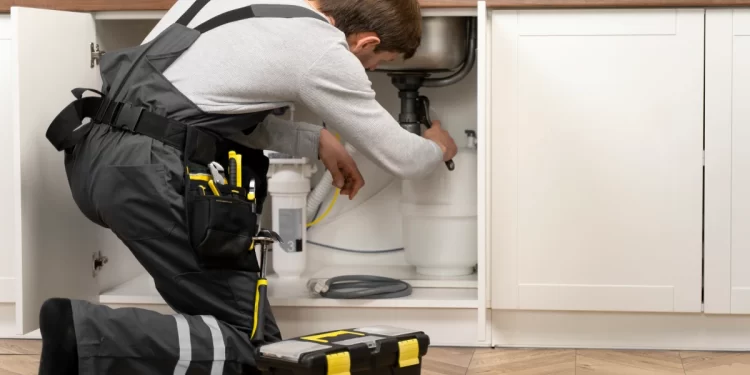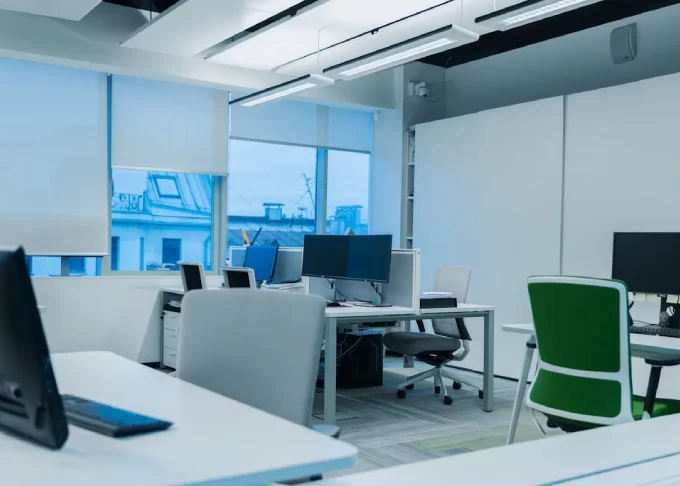The Sink Gurgled. Then It Coughed. Then… Chaos.
You’re brushing your teeth, and suddenly the water starts rising instead of draining. You turn off the faucet—still rising. You jiggle the plunger. No help. Then, from somewhere deep in the pipes, you hear it: the unmistakable gurgle of doom.
Sound familiar?
Whether it’s a clogged kitchen sink, a backed-up toilet, or a shower that refuses to drain, plumbing problems have a way of showing up exactly when you’re not ready for them. Cue the panicked search for drain cleaning service near me—because no one wants to deal with sewage in the basement at midnight.
Here’s what you need to know before you hit that “call now” button.
Not All Clogs Are Created Equal
A slow drain is annoying. A total backup? That’s a plumbing emergency.
While you might be able to handle minor clogs with a plunger or store-bought drain cleaner (with caution), some signs mean it’s time to bring in a pro ASAP:
- Water backing up into other drains (toilet bubbles when you run the sink = red flag)
- Persistent odors coming from your pipes
- Gurgling noises or visible sewage
- Standing water that won’t budge
When drains start pushing back, don’t wait. It’s not just gross—it’s dangerous. Wastewater exposure can pose serious health risks, not to mention damage your home’s infrastructure.
What Emergency Drain Cleaning Really Looks Like
Let’s set the scene: You’ve Googled “drain cleaning service near me,” and now you’re trying to pick someone while your laundry room smells like a swamp.
A quality emergency service should offer:
- 24/7 availability (yes, even on holidays)
- Quick response times
- Upfront pricing or free estimates
- Fully equipped techs who can diagnose and solve the issue in one visit
The best companies come prepared—with hydro-jetters, rooters, cameras, and the skills to know when you need more than a temporary fix.
What Causes a Sudden Drain Emergency, Anyway?
You didn’t pour cement down the sink, so why is your plumbing acting like it’s clogged with concrete?
Common culprits include:
- Grease buildup from kitchen sinks (hint: hot water doesn’t wash it away, it just delays the clog)
- Hair and soap scum in showers
- Tree roots invading your main sewer line
- Flushed items that were never meant to meet plumbing (looking at you, “flushable” wipes)
The truth? Most clogs build up slowly—until they don’t. That’s when the system fails all at once, and you’re left mopping the floor with every towel you own.
Pro Tip: Avoid Chemical Quick Fixes
We get it. In the middle of a plumbing disaster, that bottle of drain cleaner is tempting.
But those harsh chemicals can do more harm than good. They often don’t fully clear the clog—and can corrode your pipes in the process. Especially in older homes, chemical damage can turn a simple blockage into a costly pipe replacement.
Bottom line: If it’s a true emergency, skip the DIY and call a pro.
How to Choose the Right Drain Cleaning Service Near You
Not all plumbers are created equal, and in an emergency, you don’t have time to play roulette. Here’s what to look for:
- Licensing and insurance: Protect yourself and your home.
- Transparent pricing: Emergency doesn’t mean “blank check.”
- Positive local reviews: Word of mouth still matters.
- Service guarantees: A confident plumber stands by their work.
And let’s not forget—choose local. When time is of the essence, a provider in your community (not across town) is more likely to arrive fast and get the job done right.
Prevention Is Cheaper Than Panic
Once the mess is cleaned up and your drains are flowing again, ask about preventative services. Many reputable companies offer:
- Drain camera inspections
- Hydro jetting to clear buildup
- Regular maintenance plans
Because the only thing worse than one drain emergency… is two.
Final Thoughts: Don’t Wait for the Worst
If your drains are slow, noisy, or smelly, they’re not just being dramatic. They’re warning you. Catching a problem early can save you from that dreaded midnight backup—and the stress, damage, and repair costs that follow.
Because you deserve to wake up to coffee—not a flooded basement.











